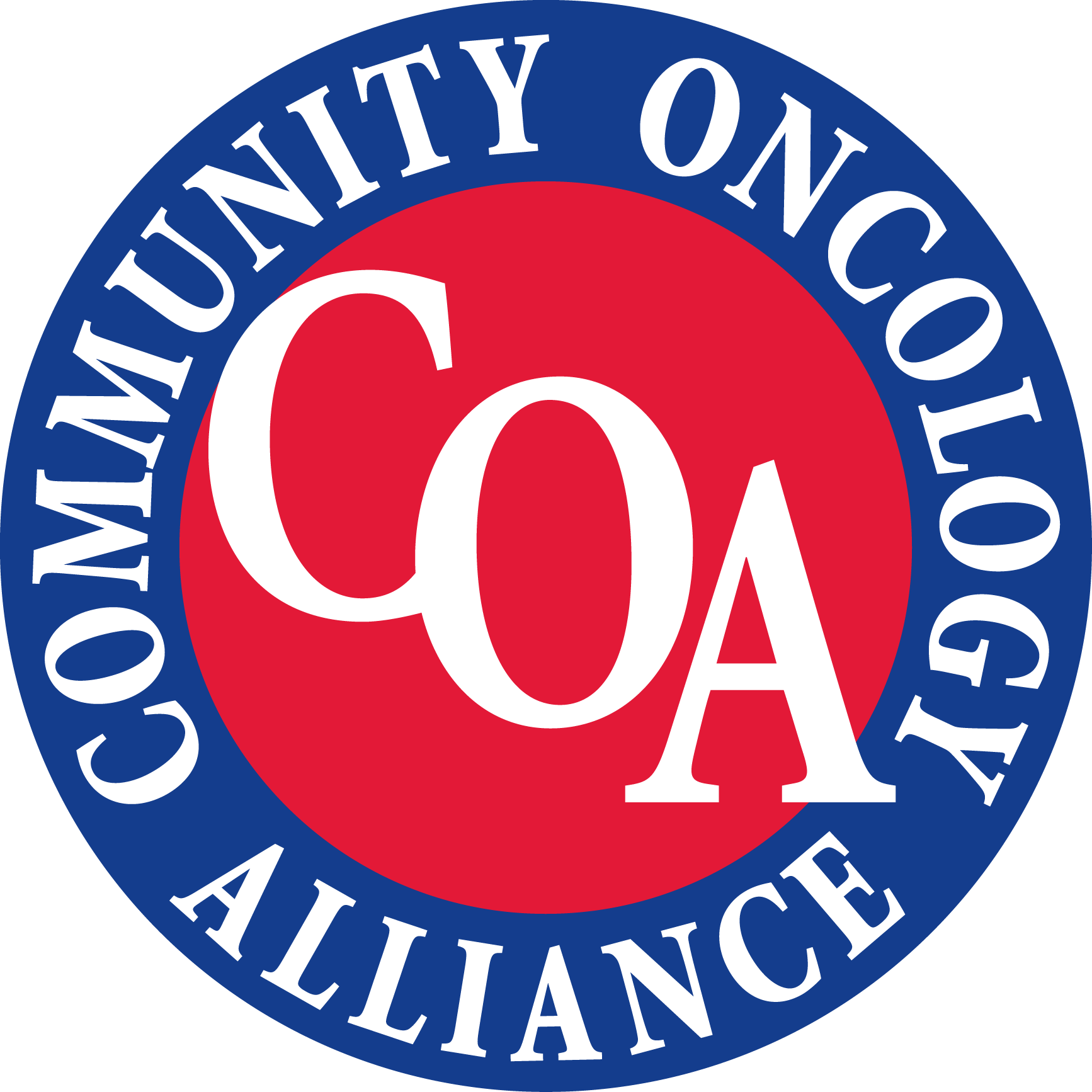
Dr Lalan Wilfong: Patients Deserve the Full Benefit of Everything We Can Provide

At the 2023 COA Payer Exchange Summit being held October 23-24 in Reston, Virginia, Lalan Wilfong, MD, US Oncology Network, emphasizes the importance of oncology care equity, ensuring continuity of care, and enhancing care coordination.
Cancer care payment reform stakeholders have gathered once again in Virginia for the
“It's not right that community oncology physicians are paid less and less and less over time compared to inflation than hospital-based systems,” Wilfong noted, “when community oncologists provide care in the communities to the patients at the location that they need and deserve.”
Transcript
What are some effective and evidence-based strategies that can help to optimize the whole person cancer journey?
Being diagnosed with cancer is more than just chemotherapy treatments and the care that we provide in our clinics. Patients with cancer have a wide range of needs, from their caregivers, to financial and social determinants of health, to survivorship issues and getting back to their life once they're diagnosed and treated for cancer. So, it requires all of us, all the multistakeholders, to sort of collaborate together in order to do that.
Some effective ways that have been shown to help are to do social determinants of health screenings, so that we can understand what patients’ issues are and guide them to resources to support them. It's important to also include the caregivers in our conversations and understand the impact of cancer on them, whether that's done in the clinic or through other support groups. It's also important that we think about the physical limitations of patients and think about how we can use physical therapy and other means to help them get back to their lives.
How can we leverage these collaborations to enhance care coordination and ensure continuity of care throughout treatment and survivorship?
It's important we leverage these collaborations to enhance the coordination of care so that patients get the full benefit of all the things that we can provide for them. That starts with the physicians and the practices in offering a wide range of services to patients. One of the most important things that we can do right now is offering electronic patient-reported outcomes. That's been shown to help patients report their own symptoms and effects of treatment in their own words. It has been shown in numerous studies to improve outcomes, even survival.
The other is that we need payers to support us in this endeavor. Doing this work isn't free or easy, and we need to make sure payers understand the value of this and reimburse practices in order so they can continue doing things like electronic patient-reported outcomes.
Can you discuss top legislative priorities at the federal and state levels for US Oncology to address barriers to oncology care equity?
The US Oncology Network’s top legislative priorities include the ability to fill medications in our medically integrated dispensaries. That's important because we have shown in studies that will be published soon that patients who live farther away from our clinics have a greater proportion of disparities and allowing them to have prescriptions filled in our clinics, for us to mail them prescriptions to their homes, greatly improves care and gets rid of unnecessary middleman.
The other thing we're arguing for payment equality. It's not right that community oncology physicians are paid less and less and less over time compared to inflation than hospital-based systems when community oncologists provide care in the communities to the patients at the location that they need and deserve.
Newsletter
Stay ahead of policy, cost, and value—subscribe to AJMC for expert insights at the intersection of clinical care and health economics.








